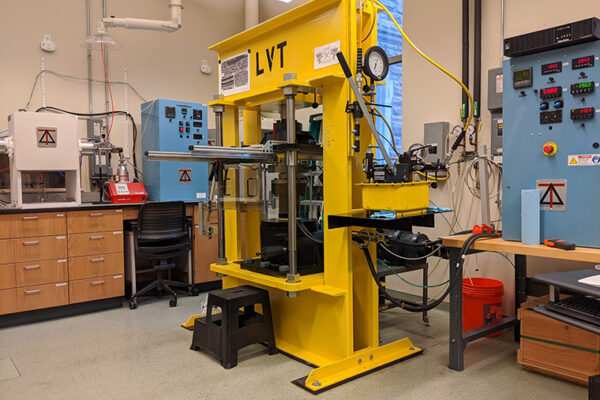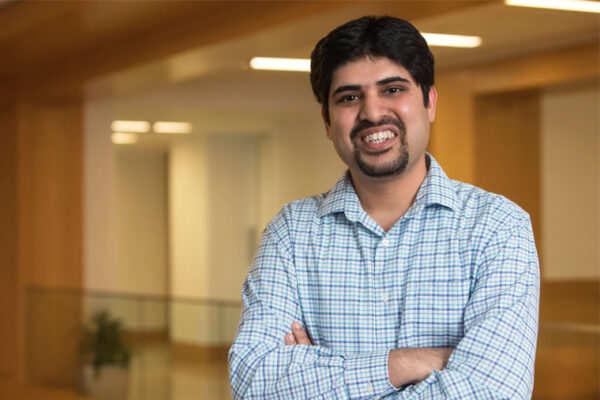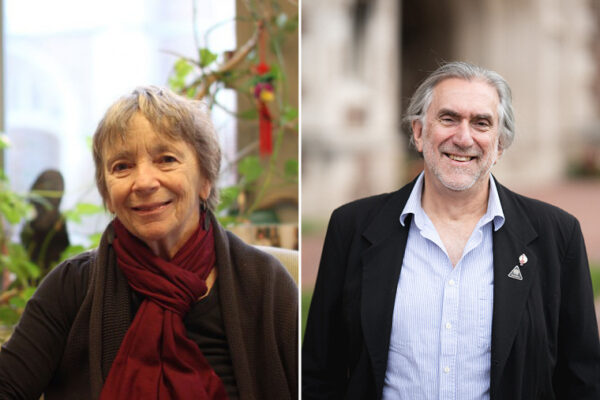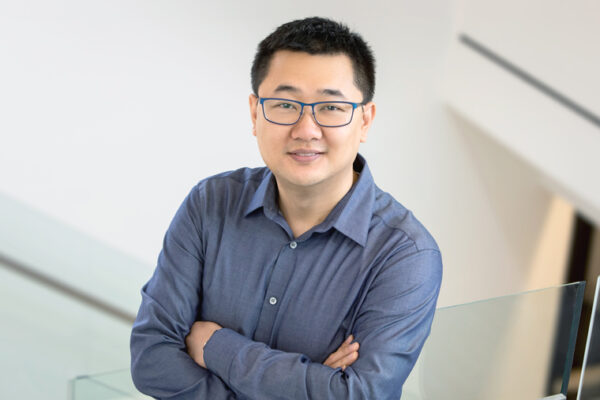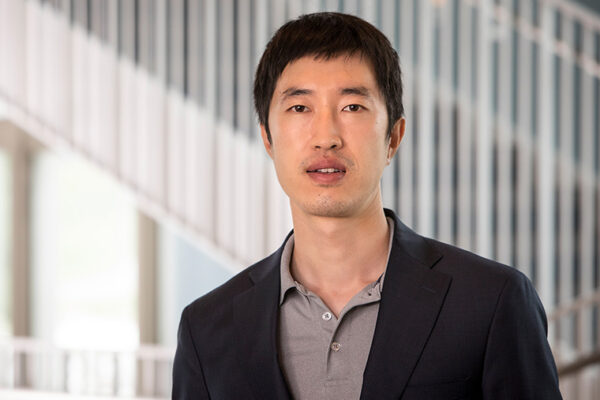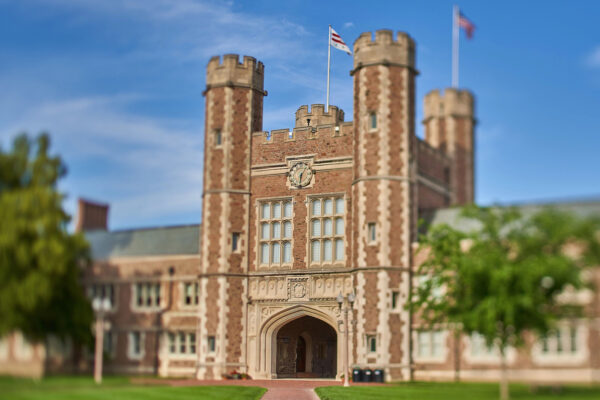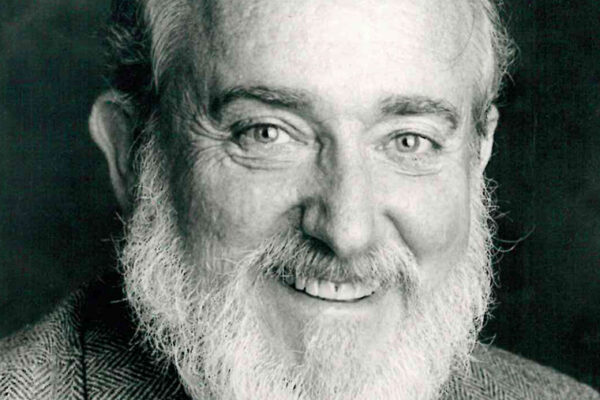Squeezing rocks for science
A powerful WashU-built device can squeeze and twist rocks with 100 tons of force. Geologist Philip Skemer in Arts & Sciences explains how his group is using the apparatus to better understand processes that affect the evolution of planets.
Jha wins NSF CAREER award for imaging research
Abhinav Jha, an assistant professor at the McKelvey School of Engineering and the School of Medicine, received a National Science Foundation CAREER award to develop approaches for list-mode imaging that improve information collection.
Class Acts: Joseph Silagi
Data and running. That’s what Joseph Silagi, a senior majoring in political science and in mathematics and computer science in Arts & Sciences, is passionate about. This fall, Silagi will start work as a consultant for the National Geospatial-Intelligence Agency in St. Louis.
Goodenough, McKinnon elected to National Academy of Sciences
Ursula W. Goodenough, a professor emerita of biology, and William B. McKinnon, a professor of earth and planetary sciences, both in Arts & Sciences, have been elected to the National Academy of Sciences. Election to the academy, announced May 2, is considered one of the highest honors that can be awarded to a U.S. scientist or engineer.
Zhang wins CAREER award to address cyber-physical security threats
Ning Zhang, an assistant professor of computer science and engineering at the McKelvey School of Engineering, received a National Science Foundation CAREER award to address threats to the availability of cyber-physical systems, like the systems behind self-driving cars or energy production pipelines.
Bae pushes past the limits of traditional semiconductors
Sang-Hoon Bae, an assistant professor of mechanical engineering and materials science at the McKelvey School of Engineering, won an award from Samsung’s Global Research Outreach Program to explore next-generation semiconductor materials and fabrication.
Engagement on anti-racism, diversity and inclusion
Washington University is partnering with the National Academies of Sciences, Engineering, and Medicine in its efforts to stimulate cultural change and support inclusive excellence in science and technology fields and is hosting a day of activities May 3 on the Danforth Campus.
Faculty named to American Academy of Arts & Sciences
Four faculty members of Washington University in St. Louis were elected members of the American Academy of Arts & Sciences, the academy announced April 19. They are Jean Allman, Scott J. Hultgren, Tristram R. Kidder and Lilianna Solnica-Krezel.
Synthetic biology meets fashion in engineered silk
Fuzhong Zhang, at the McKelvey School of Engineering, developed a method to create synthetic spider silk at high yields while retaining strength and toughness using mussel foot proteins.
Richard W. Coles, former director of Tyson Research Center, 83
Richard W. (Dick) Coles, who served as the inaugural director of Tyson Research Center and also as an adjunct professor of biology for more than 25 years, died in December in Colorado. He was 83. A celebration of life for Coles is planned for 1 p.m. April 29 at Tyson Research Center in Eureka, Mo.
View More Stories
